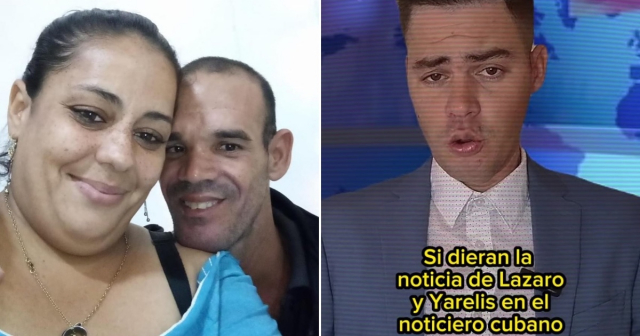
A young Cuban woman has suffered leak of intimate videos on the Internet by his ex-partner and has no possibility to stop the dissemination of the material and bring the person responsible to justice.
The case was shared by the feminist platform IYesI Believe in Cuba, who described it as "a sad history of revenge porn".
The organization released the testimony of the victim, a 22 year old university student, who on October 29 saw a message on his Instagram account from a boy named JLF, whom he does not know, who told him about an alleged exchange of content.
When she asked him what he was talking about, he replied that he had received intimate videos of her from a Telegram profile that uses a photo of her from when she was a child.
"Intimate sexual videos that I had made with my boyfriend"he clarified.
The girl added that He has not seen his ex-partner since February, because their relationship was toxic, intense and even violent in its end.
When she called him to tell him what happened, he told her that he had lost those photos and videos, and that his laptop was broken, an answer that did not convince her.
Days later, she asked JLF how he started his conversation with the fake profile, and he commented that that person had reacted to a state of his, and that He told her things that only her old boyfriend knew..
She wrote to her ex saying "horrors", and he, in response, he blocked her from all his networks. "I can't find him. (...) If he has those videos, he has all the others. And I don't know if he has deleted them," lamented the girl.
"I know very well that it is him, but in Cuba there are almost no legal options, nor institutions that help me find the computer tests I need. I wrote to the OSRI (Office of Computer Network Security) at They are looking for an authority to carry out the investigation and they say they cannot by not having an agreement with Telegram," he concluded.
When presenting the case of this young woman, YoYesTeCreo... stated that the cases of digital gender violence in Cuba barely find confrontation by the institutions and laws in force.
The group questioned OSRI for ignoring these crimes and assured that there are other ways to find evidence.
"He gives evasive statements that are not credible because in Cuba there is only one telephone and Internet company. Something can be done without depending on agreements with social media companies," he clarified.
"Without an institution that investigates computer science, these crimes will not be stopped."he stressed.
What do you think?
SEE COMMENTS (1)Filed in:






